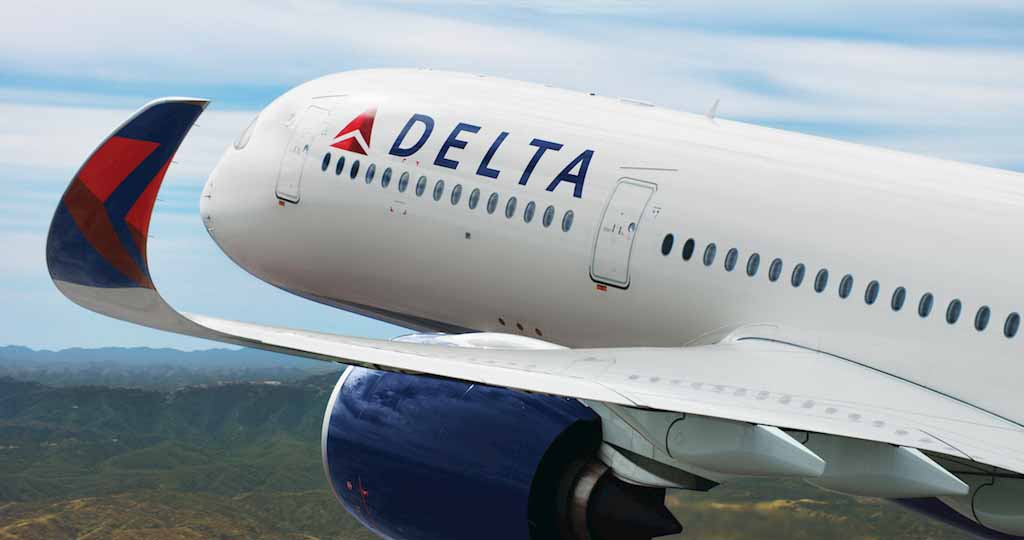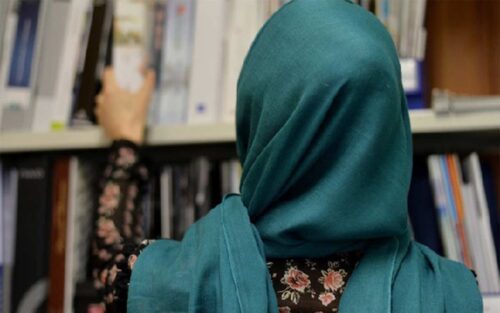Delta Air Lines is being fined $50,000 by the Department of Transportation after it ordered three Muslim passengers off planes after they had been cleared to travel by the airline’s own security team.
Delta denied that it discriminated against the passengers in two separate incidents but agreed it could have handled the situations differently, according to a consent order released Friday by the U.S. Transportation Department.
The department claimed Delta violated anti-bias laws by removing the passengers in two separate incidents and ordered the airline to provide cultural-sensitivity training to the employees who were involved.
The first incident took place in July 2016 before a U.S.-bound flight from Paris. A passenger told a flight attendant that a couple, a man and a woman wearing a headscarf, was making them nervous. The flight attendant reported walking by and seeing the men write “Allah” several times while texting.
Delta security interviewed the couple outside the plane at the captain’s request. The couple, U.S. citizens from Cincinnati, “raised no red flags” and was cleared to fly but the captain refused to let them reboard. The flight left without them and they flew home the next day.
The second incident occurred prior to a flight from Amsterdam to New York. Passengers and flight attendants complained about a Muslim passenger who was cleared by Delta’s security office.
The captain returned to the gate, had the man and his bags removed from the plane and had the area near his seat searched.
The government did not explain how the size of the fine was determined but said that it “establishes a strong deterrent against future similar unlawful practices by Delta and other carriers.”
“Delta does not dispute that each of these two incidents could have been handled differently,” the government said.
The Council on American-Islamic Relations, which represented the Alis, questioned the size of the penalty.
Delta earned nearly $4.8 billion last year, and for a company that profitable, “$50,000 is basically a slap on the wrist,” said Karen Dabdoub, executive director of CAIR’s Cincinnati chapter.
“But it’s a good sign that DOT is taking this seriously,” she added. “I’m glad to see that Delta received some sort of a sanction.”











